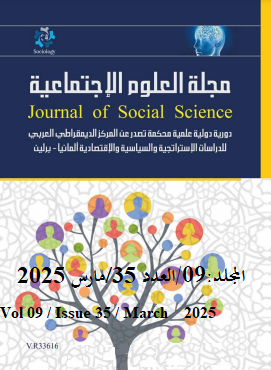The Enduring Struggle for Egalitarian Governance: Elites, Power, and Political Ideals
Keywords:
Elite capture, democracy, governance, political reform, innovation, political systemAbstract
This paper critiques the persistent issue of elite capture in political systems, examining how the concentration of power undermines the core principles of democracy and justice. It analyzes historical and contemporary examples—from ancient Rome's patrician rule to modern democratic issues like campaign financing and centralized systems such as socialism and monarchies—highlighting the enduring dominance of elites. Despite these challenges, models of decentralized governance, including Athens' democracy, Switzerland's referendums, and Brazil’s participatory budgeting, offer alternatives to elite control. The paper also explores the potential of AI-driven governance to enhance efficiency, impartiality, and transparency as innovate suggestion, while addressing concerns over bias, discrimination, and power centralization. It proposes a hybrid model combining human judgment with AI efficiency to promote fairness and public engagement, though acknowledging the risks of exacerbating inequalities and overlooking human complexities. Ultimately, the paper emphasizes the need for continuous reforms focused on decentralization, transparency, and citizen participation to achieve truly participatory governance. It concludes that whether human-led or AI-assisted, governance must resist elite capture, prioritize inclusivity, and ensure collective well-being. The study calls for further research into the practical implications of AI integration, particularly its impact on power structures and inequalities
Downloads
Published
Issue
Section
License
Copyright (c) 2025 Journal of Social Sciences

This work is licensed under a Creative Commons Attribution-NonCommercial 4.0 International License.
This work is licensed under CC BY-NC 4.0






